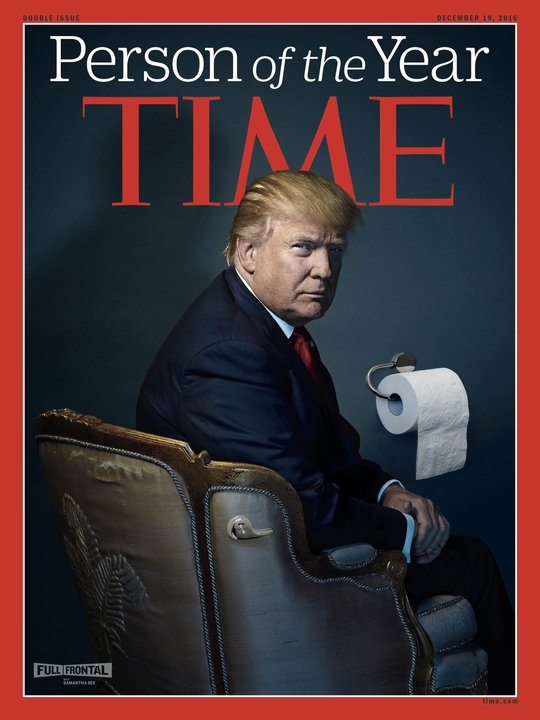Forty Two wrote:Brian Peacock wrote:Forty Two wrote:Hermit wrote:The US could not create the infrastructure or provide the people with the relevant skill sets to move the means of production from China to the US. One contractor alone, manufacturing the hardware for Apple, employs 150,000 people in China for the contracts. One of its factories has a workforce of 60,000. Where in the US would you locate it? 60,000 is more than Detroit employs in what is left of the local car industry.
It's not about moving factories from China to the US. It's about building business and industry here. We don't have to manufacture party hats and plastic whistles here in the US to have a strong manufacturing sector.
Who are America going to sell their manufactured goods to when the greater inherent productivity costs are going to be passed to the consumer - or do you think the government can subsidise the manufacturing sector while wages and resource costs level out in the rest of the world?
LOL - how quickly the leftists become economic conservatives. That's the exact argument conservatives make against "fair trade" leftist activists, who want higher tariffs and taxes.
My political compass isn't ideologically nailed down and I get rather bored with the 'you lefties' dismissals. Seth was of the opinion that anyone who queried, challenged, or disagreed with his proclamations was a rampant ideological lefty - I'd rather talk issues.
42 wrote:If we expand into industries that are of the first world variety, then the US can compete just fine. And, we can also compete in the raw materials industries - power, lumber, mining and minerals -- we can also refine the shit out of petroleum (just need to let the oil companies build some new refineries) - that kind of stuff. And, we should be huge into aerospace, and space travel, and nuclear power plants and the like.
OK, but you're rather shifting the goalposts there aren't you? What about those Chinese factories with 60,000 employees churning high-volumes of high-quality components for Apple and the like at low-cost? What about cheap imported consumables, manufactured items like electronic goods, clothing, construction materials, automobiles, and what about the elephant in the room, cheap imported labour? To bring all that home is going to take more that cheaper gas, scraping the top off a few more mountains to get at low-grade coal, and chopping down a bit more forest.
42 wrote:Brian Peacock wrote:I can't see many Western leaders initiating, let alone successfully implementing, the kind of long-term economic plan you're suggesting at the moment. Shareholders want to see an increase in their dividend payments by the end of the financial year, and voters want to see an increase in their wages and/or prospects before the next campaign season starts. Did Trumpeteers really think they were voting for a 20-year+ restructuring of their economy? Does Trump really think that 10 years of hardship and insecurity and 10 years of rebuilding is a price US citizens are going to pay to make America great again? Seems to me that voters mostly believed that a little business-friendly remedial tinkering with the tax code, regulation, and labour laws, and sending all the foreigners home of course, would surely salve all ills almost instantly.
I don't care what Trumpeteers thought they were voting for. I've been consistent about what I thought we needed, and I've said it many times. The US is on the cusp of forever losing manufacturing and heavy industry, and that is a death knell for a first world power. We may have passed the tipping point already. It is dangerous for the US and the world to have our only major industries be oil, coal and the military, and the rest be service and food and paper-shuffling. That's actually a recipe for massive military conflicts around the world, as our main bargaining chip is "we will kill you if you don't give us what you want."
Yeah, it's going to be hard on the American people - but that's a price you're willing to pay.
Here's a thought. The US economy is built on two things: oil transactions in dollars, and military hardware. Quite literally, an America at war is good for US business and the US economy. So where do you think Trump's first economy-boosting conflict will take place?
In the meantime, what do you think is the likelihood of Trump putting together a workable 20-year economic-regeneration plan and implementing it?
